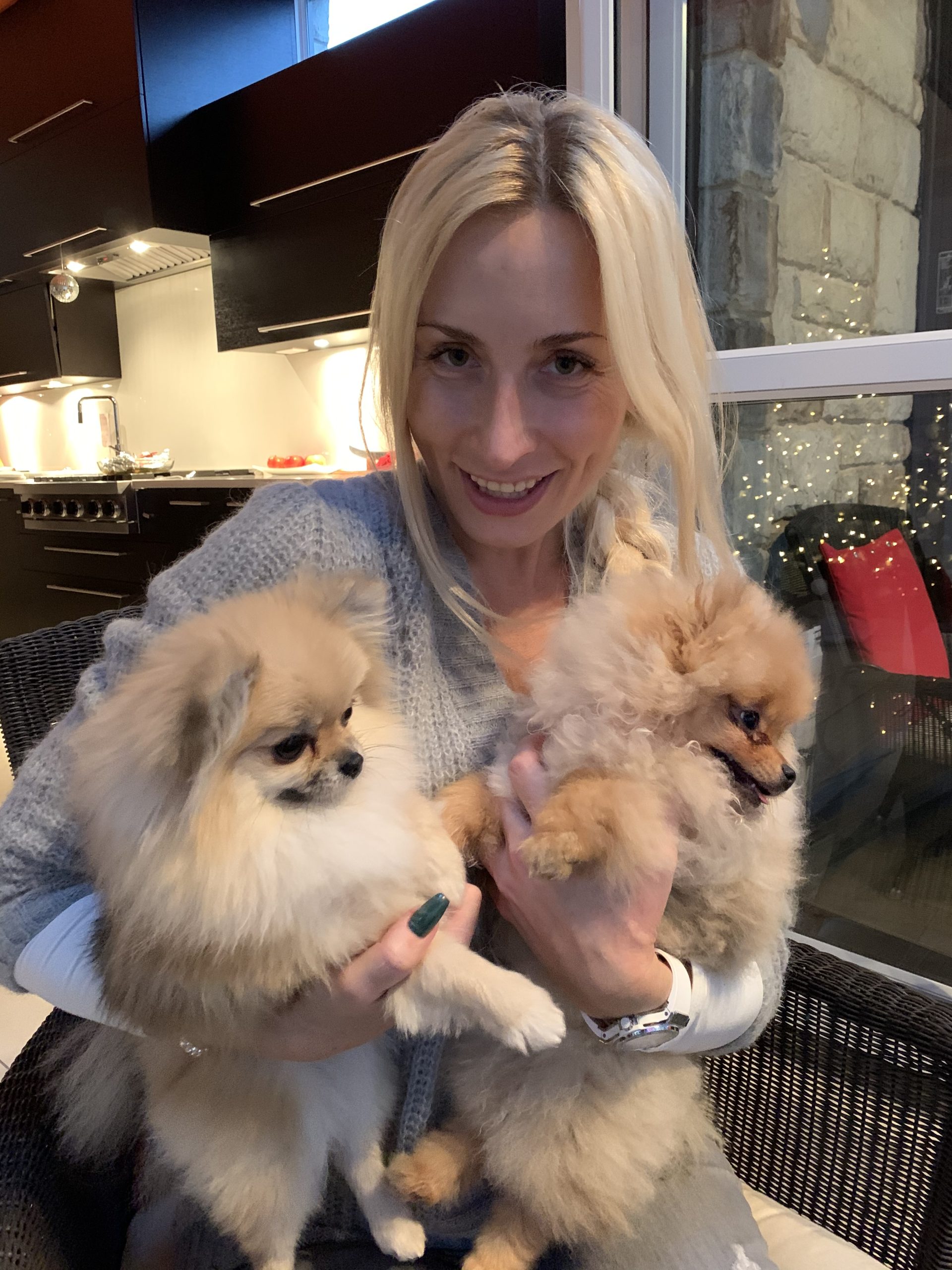

Understanding your Pom’s emotions
Pomeranians can provide wonderful emotional support. However, it’s important to be aware of their tendencies towards excitement and anxiety. Teaching them self-control can be beneficial for their overall well-being.
Here are some tips for helping your Pomeranian develop self-control:
- Set consistent boundaries: Establish clear rules and boundaries for your Pomeranian. This includes behaviours such as not jumping on people, waiting patiently for meals, and not demanding attention excessively. Consistency is key in reinforcing these boundaries.
- Positive reinforcement training: Utilize positive reinforcement techniques to encourage and reward desired behaviours. When your Pomeranian demonstrates self-control, such as remaining calm in a stimulating situation, provide verbal praise, treats, or playtime as a reward. This helps reinforce the behavior and motivates them to continue practicing self-control.
- Gradual exposure to stimuli: If your Pomeranian tends to become overly excited or anxious in certain situations, such as meeting new people or encountering other dogs, gradually expose them to these stimuli in controlled and positive ways. Start with less overwhelming scenarios and gradually increase the intensity as they become more comfortable and exhibit self-control.
- Mental stimulation: Engage your Pomeranian in mentally stimulating activities, such as puzzle toys, obedience training, or interactive games. These activities help redirect their energy and provide an outlet for their natural curiosity and intelligence. Mental stimulation can also help reduce anxiety and promote focus and self-control.
- Calm and structured environment: Create a calm and structured environment at home. Establish a routine for feeding, exercise, playtime, and rest, as this can help reduce anxiety and provide a sense of security for your Pomeranian. Minimize chaotic or high-stress situations whenever possible.
- Remember, each Pomeranian is unique, so it’s essential to observe and understand your dog’s specific needs and triggers. If you’re struggling with training or your Pomeranian’s anxiety levels, consider consulting with a professional dog trainer or a veterinary behaviourist who can provide personalized guidance and support.
Post navigation




